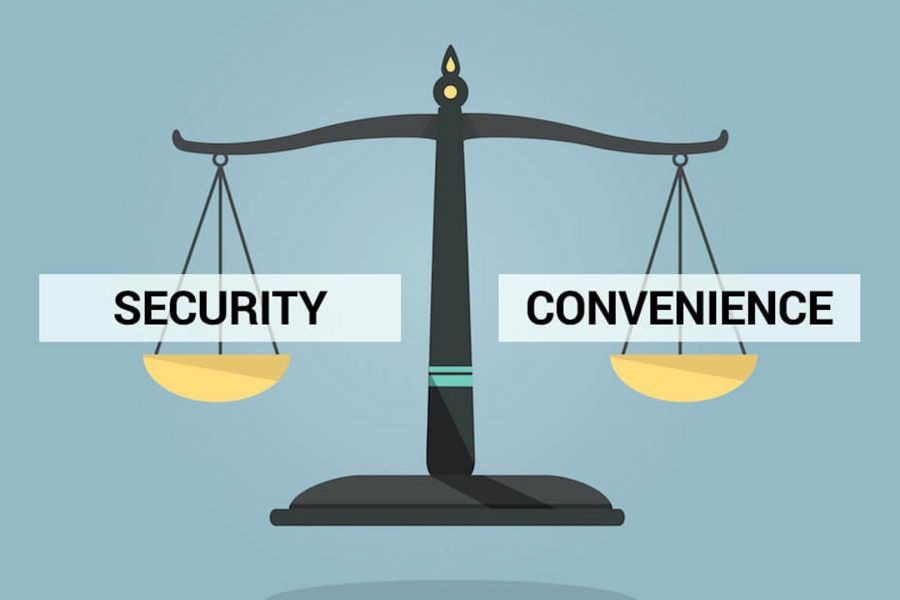In recent years, New Zealand has faced a significant challenge: a housing shortage that has left many Kiwis struggling to find affordable homes. Amidst this crisis, one innovative developer has managed to turn this challenge into a profitable venture, offering a potential blueprint for others in the industry. This article delves deep into the strategies employed by this developer and evaluates the broader implications for New Zealand's housing market, economy, and environmental sustainability.
The Housing Shortage: An Urgent Issue in New Zealand
New Zealand's housing shortage has been a growing concern for policymakers and citizens alike. According to Stats NZ, the country's population growth has outpaced housing construction, leading to a significant imbalance. The result? By 2023, property prices had surged, making homeownership an elusive dream for many.
The Ministry of Business, Innovation, and Employment (MBIE) has projected that New Zealand needs to build at least 100,000 new homes by 2030 to meet demand. This urgency has created both challenges and opportunities for developers willing to think outside the box.
Pros & Cons of Innovative Housing Development
Turning a housing crisis into a profitable venture is no small feat. Here’s a balanced evaluation of the potential pros and cons:
Pros:
- High Demand: The housing shortage ensures a consistent demand for new developments, providing a lucrative market for innovative solutions.
- Government Support: Incentives and grants are available for developers who contribute to reducing the housing gap, making it financially viable.
- Community Impact: Developing affordable housing can significantly improve community welfare and boost local economies.
- Sustainability: Innovative developments often incorporate sustainable practices, reducing environmental impact.
Cons:
- Regulatory Hurdles: Navigating zoning laws and building regulations can be complex and time-consuming.
- High Initial Costs: Developing large-scale projects requires substantial upfront investment, which may deter smaller developers.
- Market Fluctuations: Property markets can be volatile, impacting long-term profitability.
- Community Resistance: New developments can face opposition from local residents concerned about density and infrastructure strain.
Case Study: Turning Crisis into Opportunity
Case Study: The Wellington Developer's Success
In Wellington, a local developer, GreenBuild NZ, has successfully turned the housing shortage into a profitable venture by focusing on sustainable and affordable housing solutions.
Problem:
GreenBuild NZ identified a significant gap in affordable housing within Wellington. The city's rapid population growth had outpaced housing availability, leading to increased rents and home prices.
Action:
To tackle this, GreenBuild NZ adopted a modular housing approach. By utilizing prefabricated materials, they reduced construction time and costs significantly. The company also leveraged government grants aimed at promoting sustainable building practices.
Result:
- GreenBuild NZ successfully developed over 200 affordable housing units in Wellington.
- Construction costs were reduced by 30%, allowing them to offer homes at more competitive prices.
- The project received positive community feedback, enhancing the developer's reputation and marketability.
Takeaway:
This case study highlights the potential for innovative construction techniques to address housing shortages while maintaining profitability. By integrating sustainable practices, developers can gain both economic and environmental benefits.
Data-Driven Insights from New Zealand
According to the Reserve Bank of New Zealand, the construction sector has seen a steady increase in activity, with residential building consents reaching a record high in 2022. This trend reflects the urgent need for housing solutions and the opportunities available for developers willing to innovate.
Moreover, a report from the New Zealand Property Investors’ Federation indicates that property investors who focus on sustainable and affordable housing are more likely to see stable long-term returns, given the increasing demand for eco-friendly living spaces.
Debunking Common Myths in Housing Development
Despite the success stories, several misconceptions persist within the housing development sector. Let's address some of the most prevalent myths:
Myth: "Sustainable housing is too expensive to be profitable."
Reality: In reality, sustainable housing can lead to significant cost savings in energy use and maintenance, enhancing long-term profitability. GreenBuild NZ’s modular approach reduced costs by 30% while maintaining sustainability.
Myth: "There's no demand for affordable housing in urban areas."
Reality: Urban areas like Wellington face a high demand for affordable housing due to population growth and urbanization trends. Developers tapping into this demand are seeing substantial returns.
Myth: "Government regulations stifle innovation."
Reality: While regulations can be challenging, they also offer incentives for sustainable development, such as tax breaks and grants, encouraging innovation in the sector.
Lessons from Global Examples
Globally, innovative housing solutions have transformed urban landscapes. For instance, in Singapore, the government’s Housing and Development Board (HDB) has implemented policies that prioritize affordable and sustainable housing, setting a benchmark for others.
The lessons from Singapore are directly applicable to New Zealand. By prioritizing sustainable development and leveraging government support, developers can address housing shortages while turning a profit.
Future Trends in New Zealand's Housing Market
The future of housing development in New Zealand is promising, with several trends poised to reshape the landscape:
- Increased Government Support: The New Zealand government is likely to introduce more incentives for sustainable and affordable housing, encouraging developers to adopt eco-friendly practices.
- Technological Advancements: Innovations in construction technology, such as 3D printing and AI-driven design, will reduce costs and enhance efficiency.
- Focus on Community-Led Development: Future projects will likely emphasize community involvement, ensuring developments meet the needs of local residents and gain their support.
- Integration of Smart Technologies: Smart homes equipped with energy-efficient systems and IoT devices will become standard, offering additional value to buyers.
Conclusion: Charting the Path Forward
New Zealand's housing shortage presents both a challenge and an opportunity. By adopting innovative strategies, developers can not only address the housing gap but also achieve significant profitability. The success of GreenBuild NZ serves as a testament to the potential of sustainable and affordable housing solutions.
As New Zealand continues to grow, the need for innovative housing solutions will only become more pressing. By leveraging technological advancements, government support, and community engagement, developers can play a pivotal role in shaping a sustainable and prosperous future.
What's your perspective on the future of housing in New Zealand? Share your insights and join the conversation below!
People Also Ask
- How does New Zealand’s housing shortage impact developers? Developers face high demand for new housing, creating opportunities for innovative and sustainable projects.
- What are the biggest misconceptions about sustainable housing? Many believe it’s too costly, but sustainable housing can reduce long-term maintenance and energy costs.
- What strategies can developers use to profit from the housing shortage? Emphasizing modular construction, securing government grants, and focusing on affordability are key strategies.
- What future trends will impact New Zealand's housing market? Technological advancements, increased government support, and smart home technologies will shape the future landscape.
- Who benefits the most from innovative housing solutions? Homebuyers seeking affordable options, developers focusing on sustainability, and local communities all stand to gain.
Related Search Queries
- New Zealand housing shortage solutions
- Affordable housing in Wellington
- Sustainable building practices NZ
- Future of housing development in New Zealand
- Modular housing benefits
- Government incentives for sustainable housing NZ
- Impact of technology on real estate
- Case studies in innovative housing
- GreenBuild NZ success story
- Real estate market trends New Zealand 2024






























